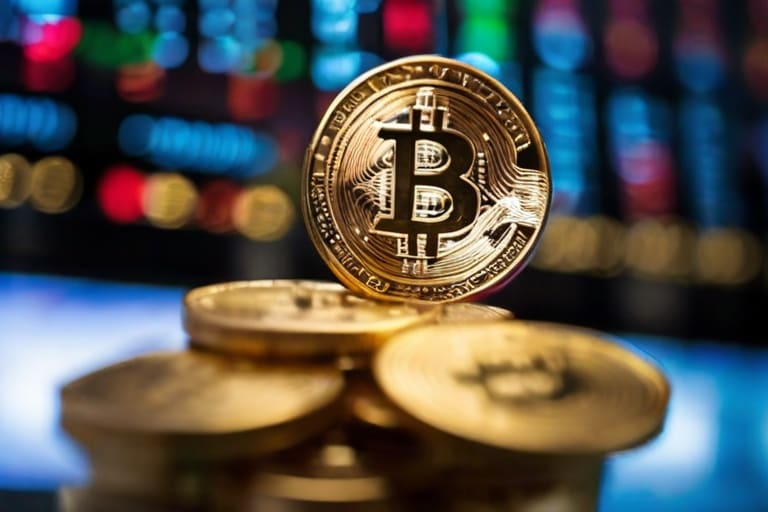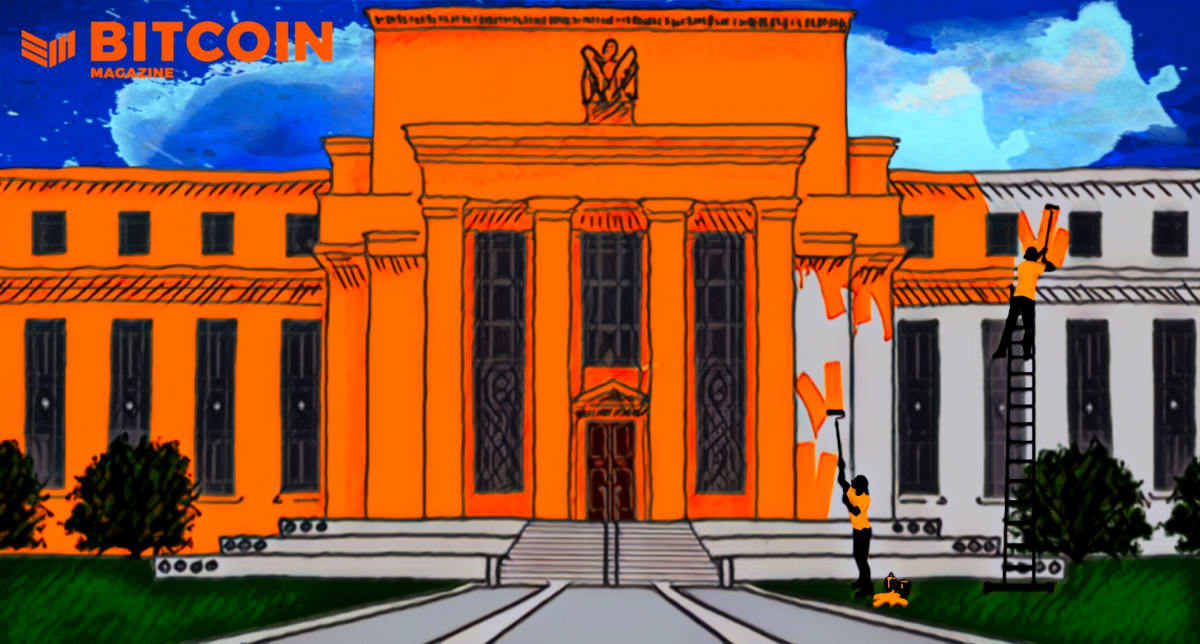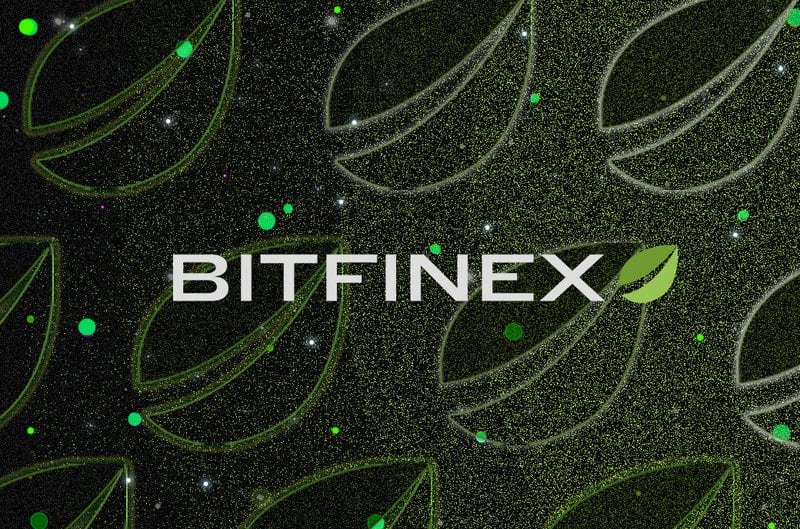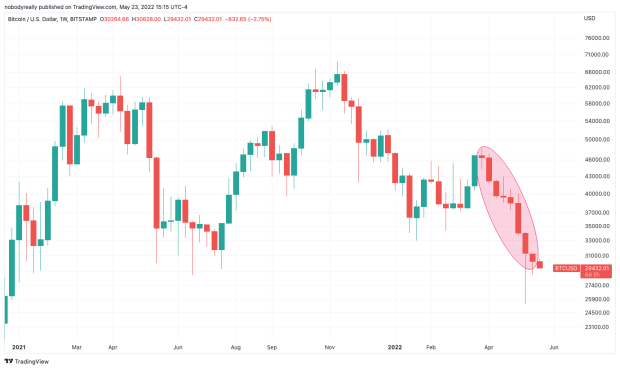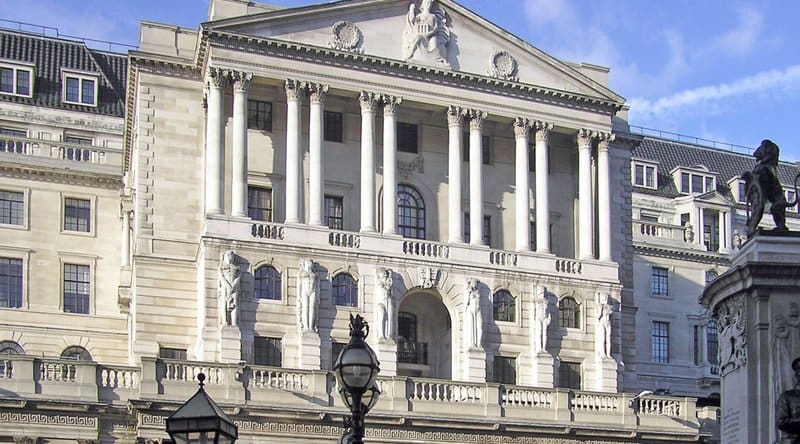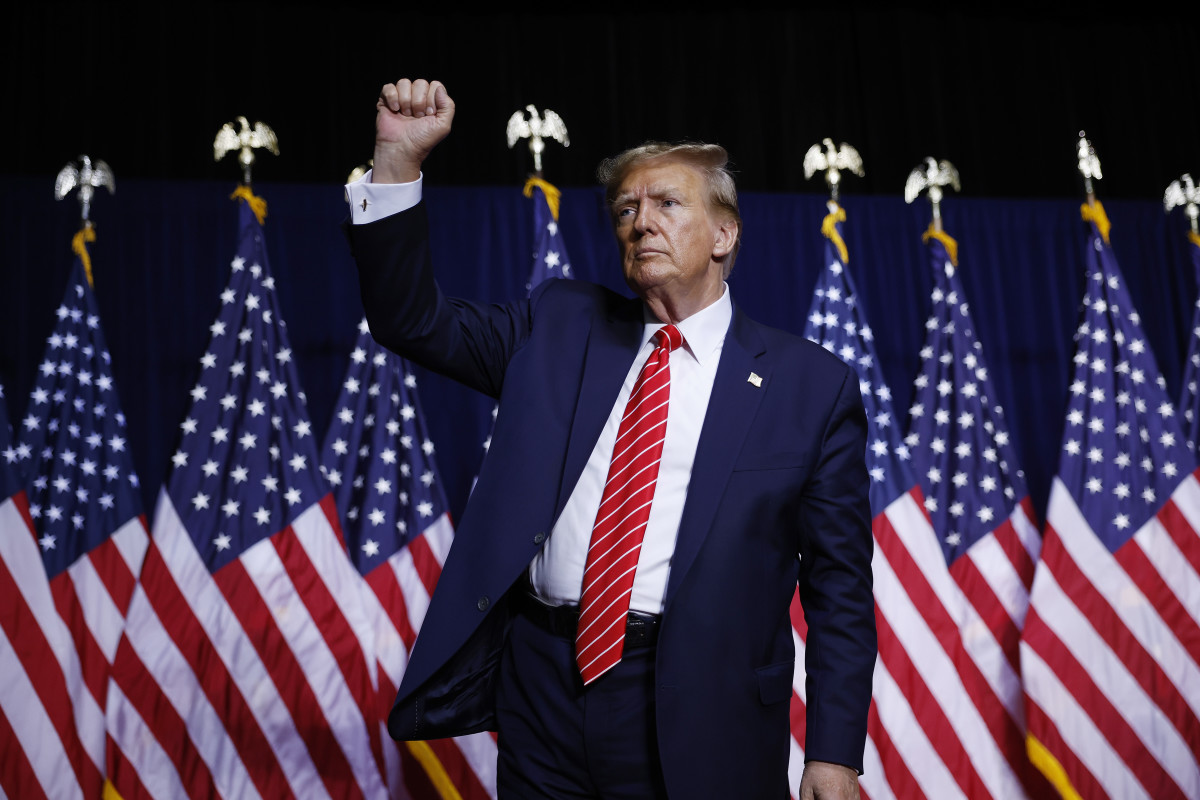In-Person ID Check To Become Mandatory For Bitcoin Exchange Users In Thailand
Thailand is reportedly preparing to mandate in-person, “dip-chip” AML verifications before opening local bitcoin exchange accounts.
The government of Thailand will require local cryptocurrency exchanges to verify their customers’ identity in person using a “dip-chip” machine that registers identification cards.
The country’s Anti-Money Laundering Office (AMLO) will be instituting in September, according to the Bangkok Post.
“Most digital asset exchanges are still busy preparing their systems to accommodate the growing number of clients as new account applications continue to flow in,” said Poramin Insom, co-founder and director of local exchange Satang Corp. “However, this growth may be curbed if the application process becomes more complicated.”
As of April 26, there were 697,780 cryptocurrency accounts nationwide, a surge from 160,000 at the end of last year, per the report. It is expected that the new rules will slow down the opening of new cryptocurrency exchange accounts in the second half of this year, and “digital asset intermediaries plan to discuss the issue at a forum held by the Thailand Digital Asset Operators Trade Association,” per the Post.
The “dip-chip” requirement is currently used for checking IDs at gold shops in the country, per the report.
The announcement is likely discouraging for many bitcoin investors, as the process of opening a cryptocurrency exchange account in Thailand has been entirely electronic up to now. Requiring potential investors to submit in-person identity verification is also antithetical to Bitcoin’s pseudonymous nature, imposing rules that would force bitcoiners to reveal their real-world identities.

